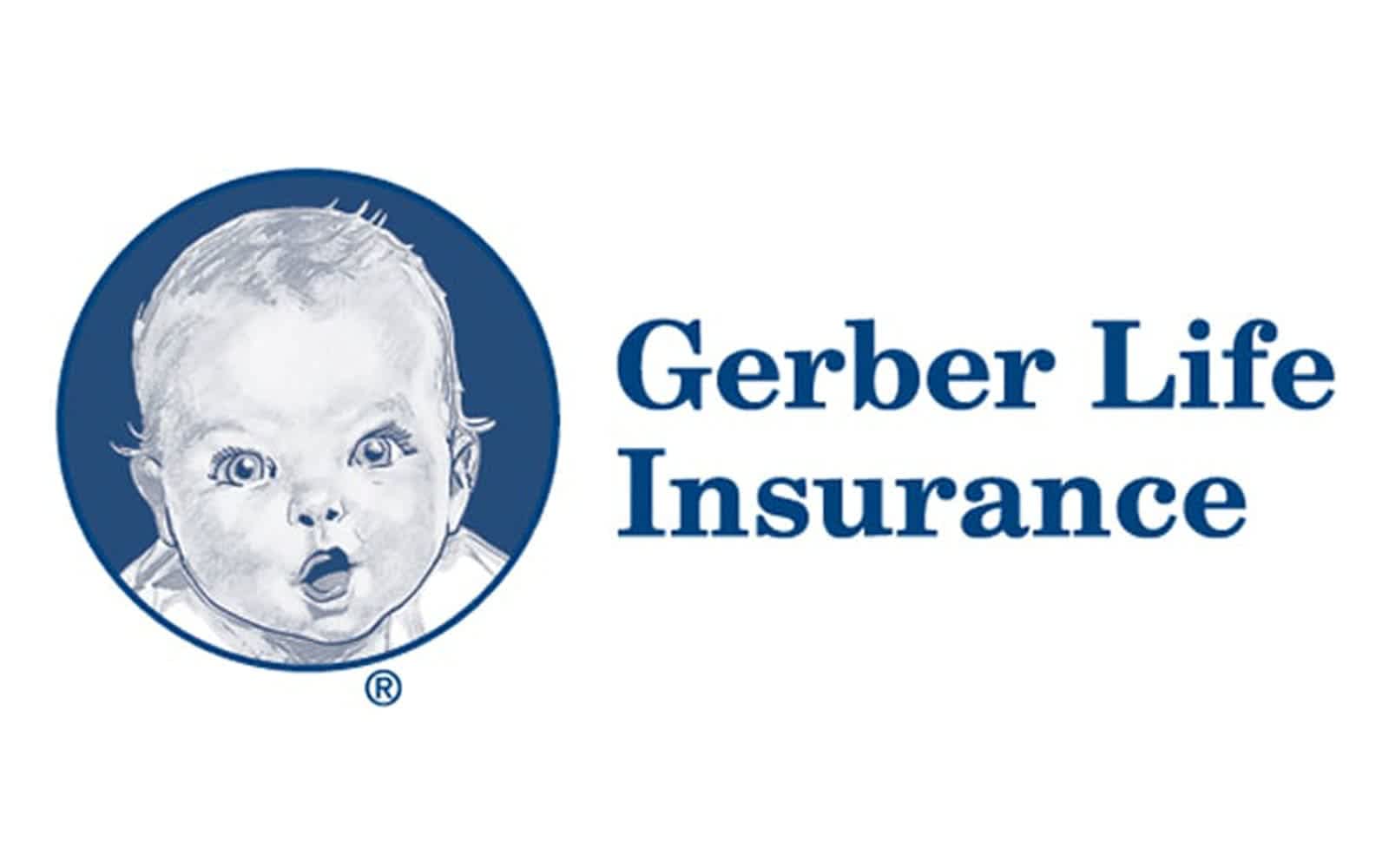Home>Finance>What Life Insurance Policy Can You Borrow Against?


Finance
What Life Insurance Policy Can You Borrow Against?
Modified: February 21, 2024
Looking for a life insurance policy you can borrow against? Discover the options available to finance your needs and ensure financial security for your loved ones.
(Many of the links in this article redirect to a specific reviewed product. Your purchase of these products through affiliate links helps to generate commission for LiveWell, at no extra cost. Learn more)
Table of Contents
Introduction
Life insurance is a crucial financial tool that provides protection and security for individuals and their loved ones. It ensures that in the event of an untimely death, beneficiaries receive a lump sum payment, known as the death benefit. While life insurance is primarily designed to safeguard against the uncertainties of life, some policies offer an additional benefit – the ability to borrow against the policy’s cash value.
Borrowing against a life insurance policy can be an attractive option for those in need of quick access to funds. It offers a way to tap into the accumulated cash value without having to go through the lengthy application process and high interest rates associated with traditional loans. However, not all life insurance policies allow for borrowing, so it is essential to understand which types of policies offer this feature.
In this article, we will explore the different types of life insurance policies that you can borrow against. We will discuss the features of each policy and the considerations to keep in mind when borrowing against them. Understanding the options available will help you make informed decisions about your financial strategy and utilize your life insurance policy to its fullest potential.
Whole Life Insurance Policy
Whole life insurance is a type of permanent life insurance that provides coverage for the entire lifetime of the insured individual. It not only offers a death benefit but also accumulates cash value over time. This cash value grows slowly and tax-deferred, making it an appealing option for those seeking long-term financial stability.
One of the main advantages of a whole life insurance policy is the ability to borrow against its cash value. As the policyholder pays premiums, a portion of those payments goes towards building the cash value. Over time, this cash value can be used as collateral to secure a loan.
When borrowing against a whole life insurance policy, the insurer typically offers a loan equal to a percentage of the policy’s cash value. The policy acts as collateral for the loan, so no credit checks or complex paperwork are required. The interest rates on these loans are generally lower than those of traditional loans, making them an attractive option.
It’s important to note that borrowing against a whole life insurance policy can impact the policy’s death benefit. If the loan is not repaid, the outstanding balance plus interest will be deducted from the death benefit received by the beneficiaries. However, if the loan is repaid, the death benefit will be unaffected.
Additionally, the borrowed amount is not considered taxable income, as it is considered a loan rather than income. This can be a significant advantage for individuals who need access to cash but want to avoid tax implications.
Overall, a whole life insurance policy provides financial security and flexibility. By borrowing against the policy’s cash value, policyholders can access funds for various purposes, such as paying for education expenses, purchasing a home, or covering unexpected medical bills. It is crucial, however, to carefully consider the terms and conditions of the loan and the impact it may have on the policy’s value and beneficiaries.
Universal Life Insurance Policy
Universal life insurance is another type of permanent life insurance that offers flexibility in both the death benefit and premium payments. It combines a death benefit with a cash value component, allowing policyholders to adjust their coverage and premium payments as their needs change over time.
Unlike whole life insurance, universal life insurance policies typically have a separate account within the policy that earns interest based on the insurer’s investment performance. This account, known as the cash value component, accumulates over time and can be accessed through policy loans or partial surrenders.
Similar to whole life insurance, borrowing against a universal life insurance policy allows policyholders to access funds without going through the traditional loan process. They can use the cash value as collateral and secure a loan with favorable interest rates.
It’s important to note that borrowing against a universal life insurance policy can affect the policy’s cash value and death benefit. If the loan is not repaid, the outstanding balance plus interest will be deducted from the death benefit paid to beneficiaries. However, if the loan is repaid, the death benefit will be unaffected.
One significant advantage of a universal life insurance policy is the flexibility it offers in premium payments. Policyholders have the option to adjust the amount and frequency of their premium payments, provided there is enough cash value to cover the cost of insurance. This flexibility can be particularly helpful in times of financial strain or during periods of increased income.
Overall, a universal life insurance policy provides policyholders with both protection and access to cash value. By borrowing against the policy’s cash value, individuals can utilize the funds for various purposes, such as supplementing income, funding education expenses, or covering emergency expenses. It is crucial, however, to carefully consider the impact of the loan on the policy’s value and to ensure that the loan is repaid to maintain the desired level of coverage.
Variable Life Insurance Policy
Variable life insurance is a type of permanent life insurance that allows policyholders to allocate a portion of their premium payments to various investment options, such as stocks, bonds, and mutual funds. The cash value of a variable life insurance policy fluctuates based on the performance of these investments.
While a variable life insurance policy provides the potential for higher returns through investment gains, it also comes with higher risks compared to other types of life insurance policies. However, variable life insurance policies typically offer the option to borrow against the cash value of the policy.
Borrowing against a variable life insurance policy allows policyholders to access funds for various purposes. The loan amount is typically determined based on the policy’s cash value and the terms set by the insurer. The interest rates on these loans may be fixed or variable, depending on the policy and the prevailing market conditions.
It’s crucial to understand that borrowing against a variable life insurance policy can impact both the policy’s cash value and death benefit. If the loan is not repaid, the outstanding balance plus interest will be deducted from the death benefit. The fluctuating nature of the cash value poses additional risks, as poor investment performance can diminish the policy’s value.
Some variable life insurance policies may offer a “wash loan” feature, where the cash value serves as collateral for the loan, effectively reducing the risk of impacting the policy’s performance. However, it’s essential to review the terms and conditions of the policy carefully and consult with a financial advisor to fully understand the potential risks and benefits of borrowing against a variable life insurance policy.
With the ability to allocate premiums to various investment options, a variable life insurance policy can provide opportunities for growth and potential wealth accumulation. However, it’s crucial to carefully consider your risk tolerance, investment knowledge, and long-term financial goals before opting for a variable life insurance policy and borrowing against its cash value.
Indexed Universal Life Insurance Policy
Indexed universal life insurance (IUL) is a type of permanent life insurance that provides a death benefit and a cash value component, much like other permanent life insurance policies. However, what sets IUL apart is its unique investment feature.
With an IUL policy, the cash value is linked to the performance of a specific stock market index, such as the S&P 500. This means that the cash value has the potential to grow based on the positive movement of the chosen index, while also being protected from any downturns in the market.
Similar to other types of permanent life insurance policies, indexed universal life insurance policies allow policyholders to borrow against the accumulated cash value. Borrowing against an IUL policy provides policyholders with access to funds without the need for complex loan applications or credit checks.
When borrowing against an indexed universal life insurance policy, the loan amount is typically determined based on the available cash value and the policy’s terms and conditions. The interest rates on these loans can vary, so it’s important to carefully review and compare the terms provided by the insurer.
It’s important to note that borrowing against an IUL policy can impact the cash value and death benefit. Any outstanding loan balance plus accumulated interest will be deducted from the death benefit upon the policyholder’s passing. However, if the loan is repaid, the death benefit will remain intact.
The indexed feature of an IUL policy provides the potential for higher returns compared to other permanent life insurance options. It allows policyholders to participate in market growth without being subjected to the full volatility of the stock market. However, the policy’s performance is still tied to the performance of the chosen index, so careful consideration should be given to market conditions and the overall investment strategy.
Overall, indexed universal life insurance policies offer a unique combination of a death benefit, cash value growth potential tied to market performance, and the ability to borrow against the accumulated cash value. By understanding the features, costs, and risks associated with an IUL policy, individuals can make informed decisions about their insurance and financial strategies.
Conclusion
Life insurance policies are not only valuable for providing financial protection to loved ones in the event of death but can also serve as a versatile financial asset. When considering a life insurance policy, it is essential to understand the options available for borrowing against the policy’s cash value.
Whole life insurance policies enable policyholders to borrow against the accumulated cash value, providing access to funds for various purposes. These policies offer stability and long-term growth potential, making them a popular choice for individuals looking for a reliable source of funds.
Universal life insurance policies offer flexibility in both death benefit and premium payments, along with the option to borrow against the policy’s cash value. This flexibility allows policyholders to adapt to evolving financial needs while maintaining the benefits of life insurance coverage.
Variable life insurance policies provide the potential for higher returns through investment options and feature the ability to borrow against the policy’s cash value. However, it’s important to assess the associated risks and consult with a financial advisor before deciding on this option.
Indexed universal life insurance policies combine the benefit of a death benefit, cash value growth tied to market performance, and the option to borrow against the accumulated cash value. This option allows policyholders to participate in market gains while protecting against potential market downturns.
Before considering borrowing against a life insurance policy, it’s important to carefully review the terms and conditions, understand the impact on the policy’s cash value and death benefit, and assess the financial implications. Seeking guidance from a financial professional is crucial in making informed decisions that align with personal financial goals.
In conclusion, borrowing against a life insurance policy can provide individuals with quick access to funds during times of need, while maintaining the benefits of owning a life insurance policy. Understanding the different types of life insurance policies that allow borrowing can help individuals make the most informed decision for their financial well-being.














